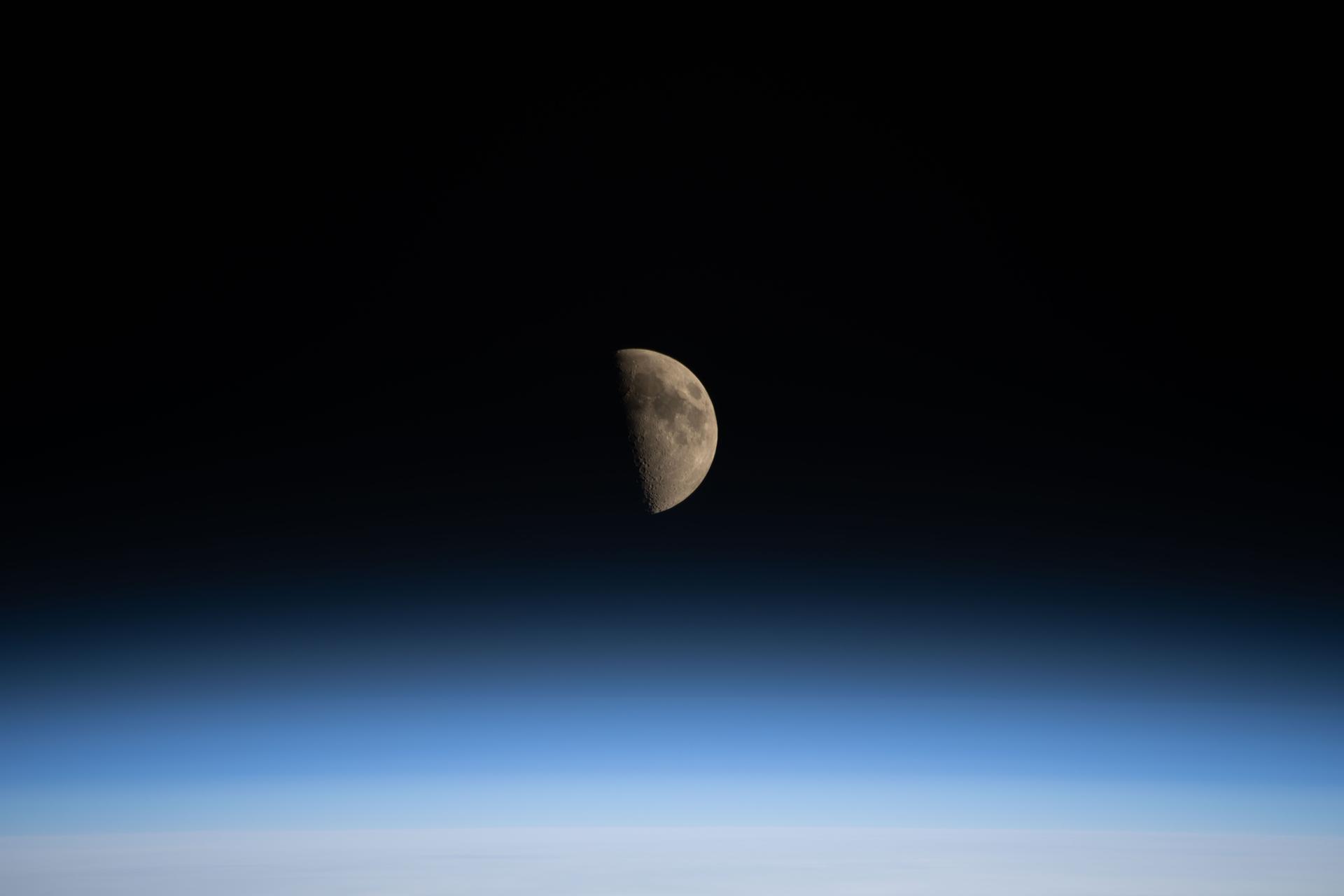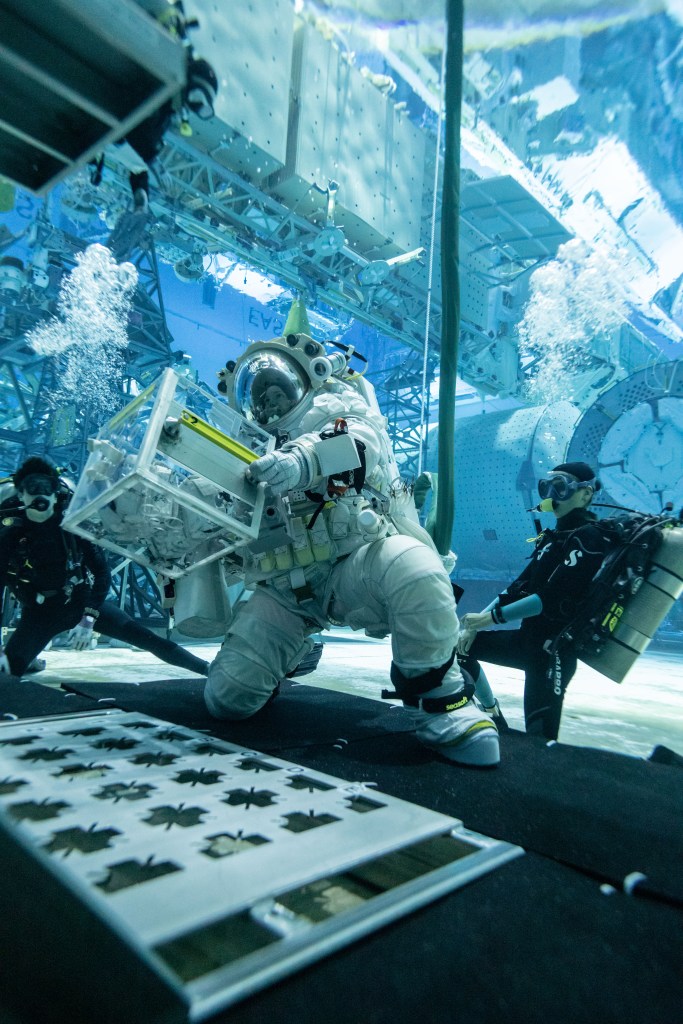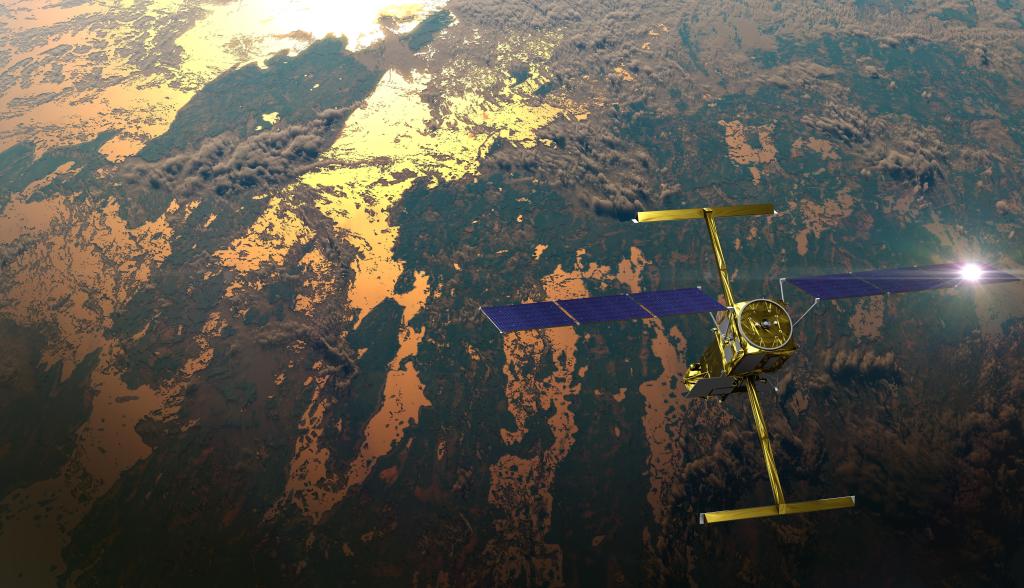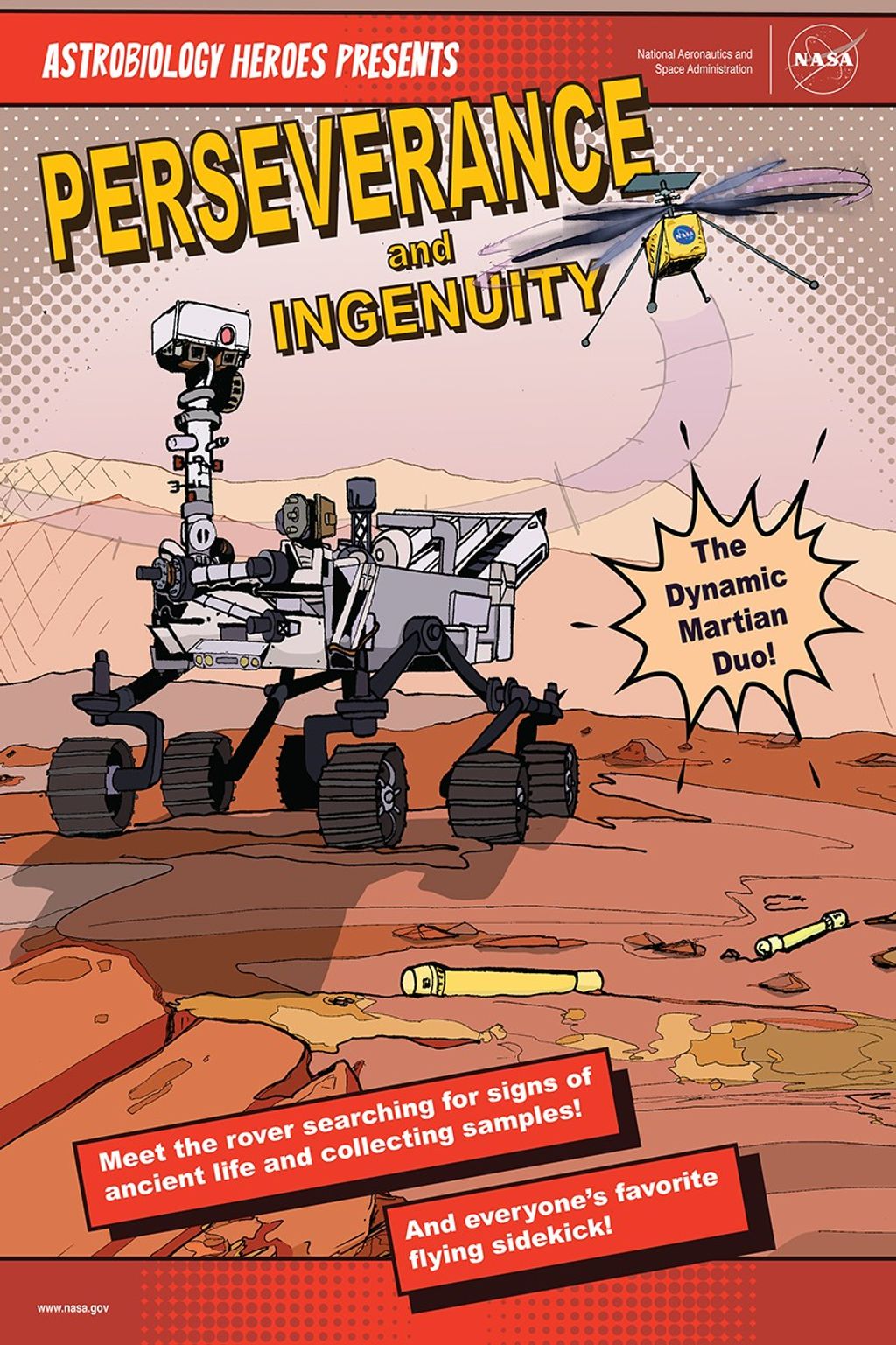72 Progress (72P) Launch/Dock: 72P launched today from the Baikonur Cosmodrome at 6:01 AM CT. Following a 2-orbit rendezvous, the vehicle successfully docked to the ISS at 9:27 AM CT. This vehicle brought two key components: a power cable and the Bartolomeo Trunnion Slip of Prevention devices, to ISS in support of Monday’s planned Extravehicular …





















